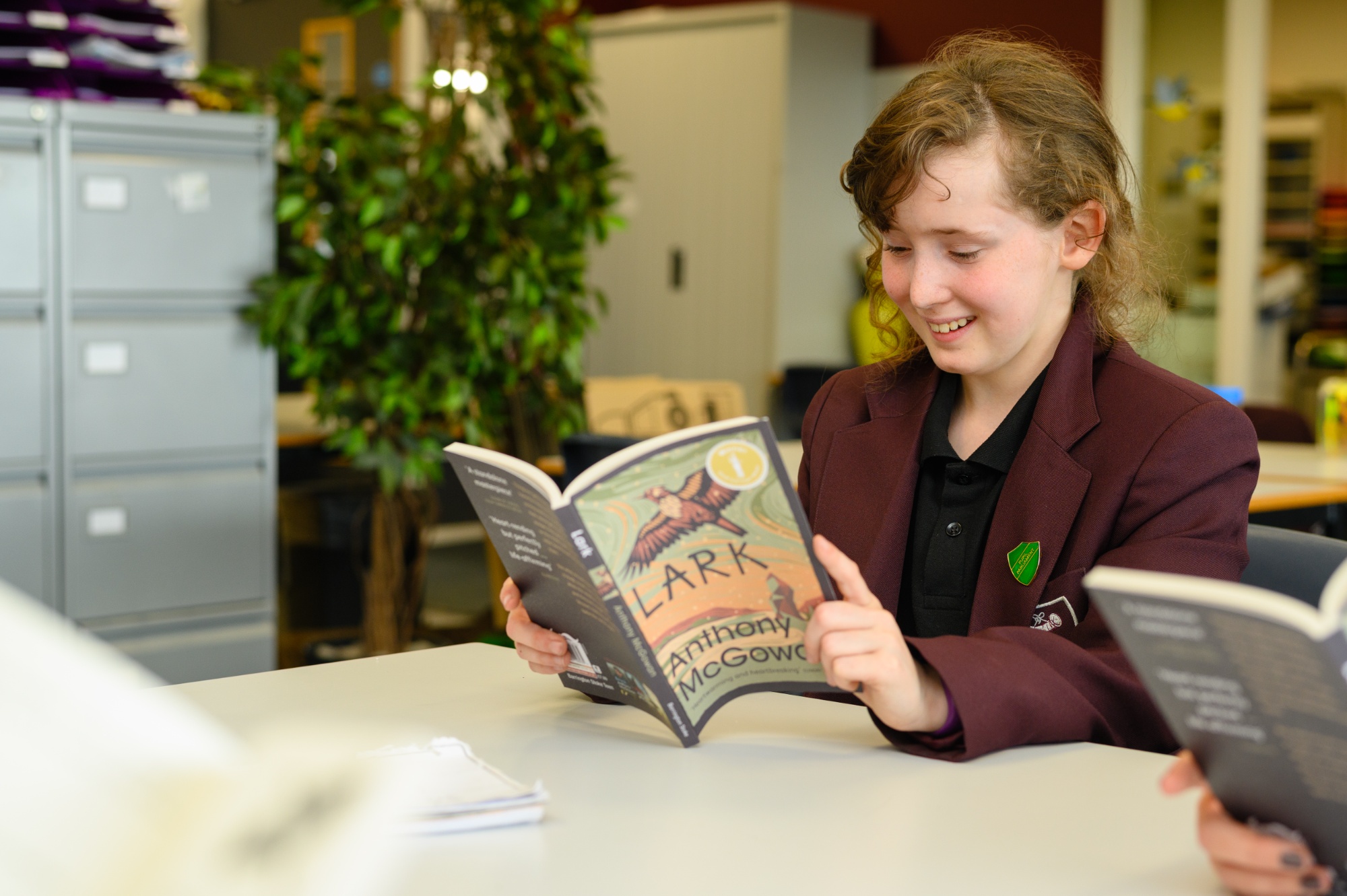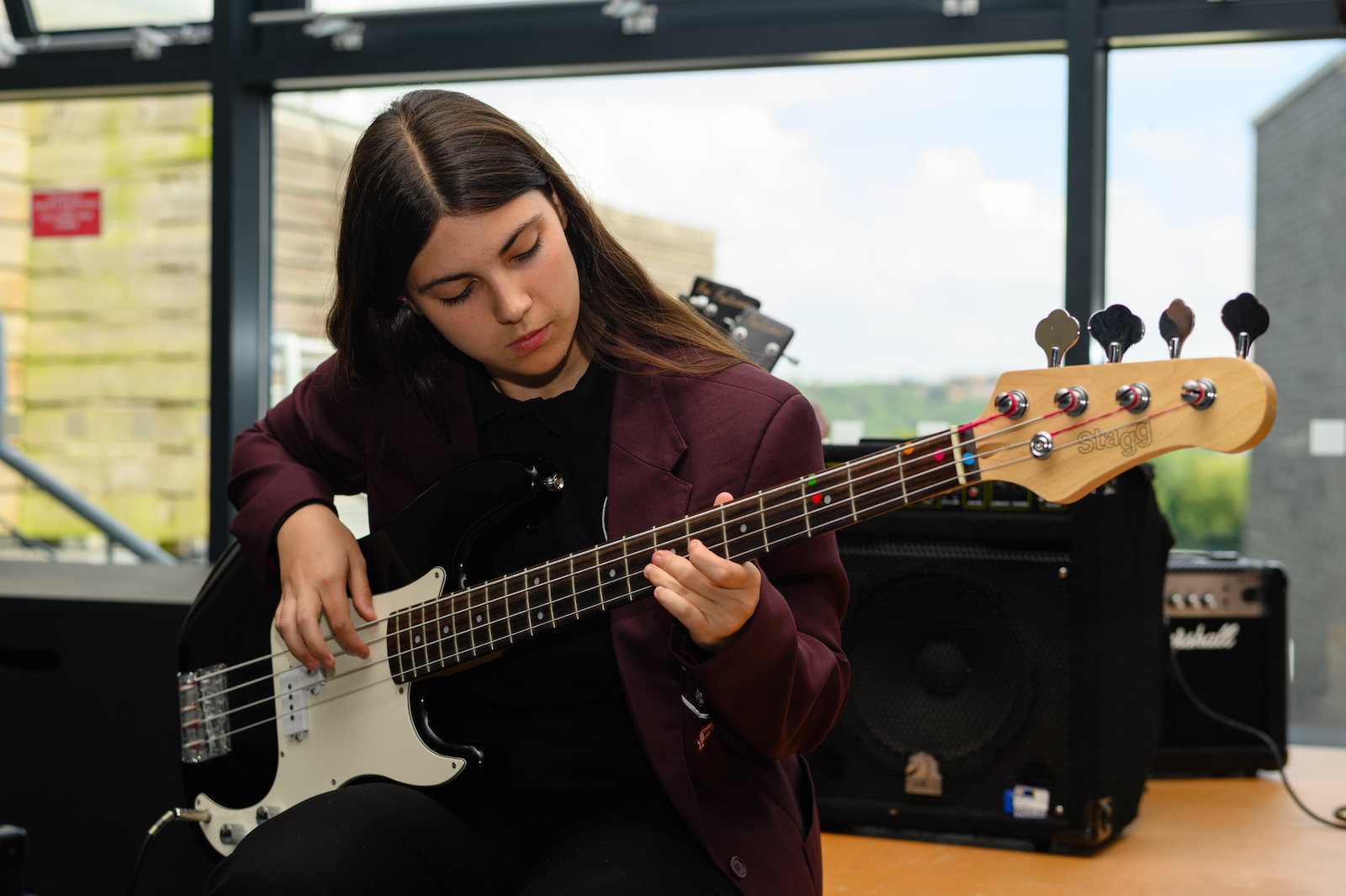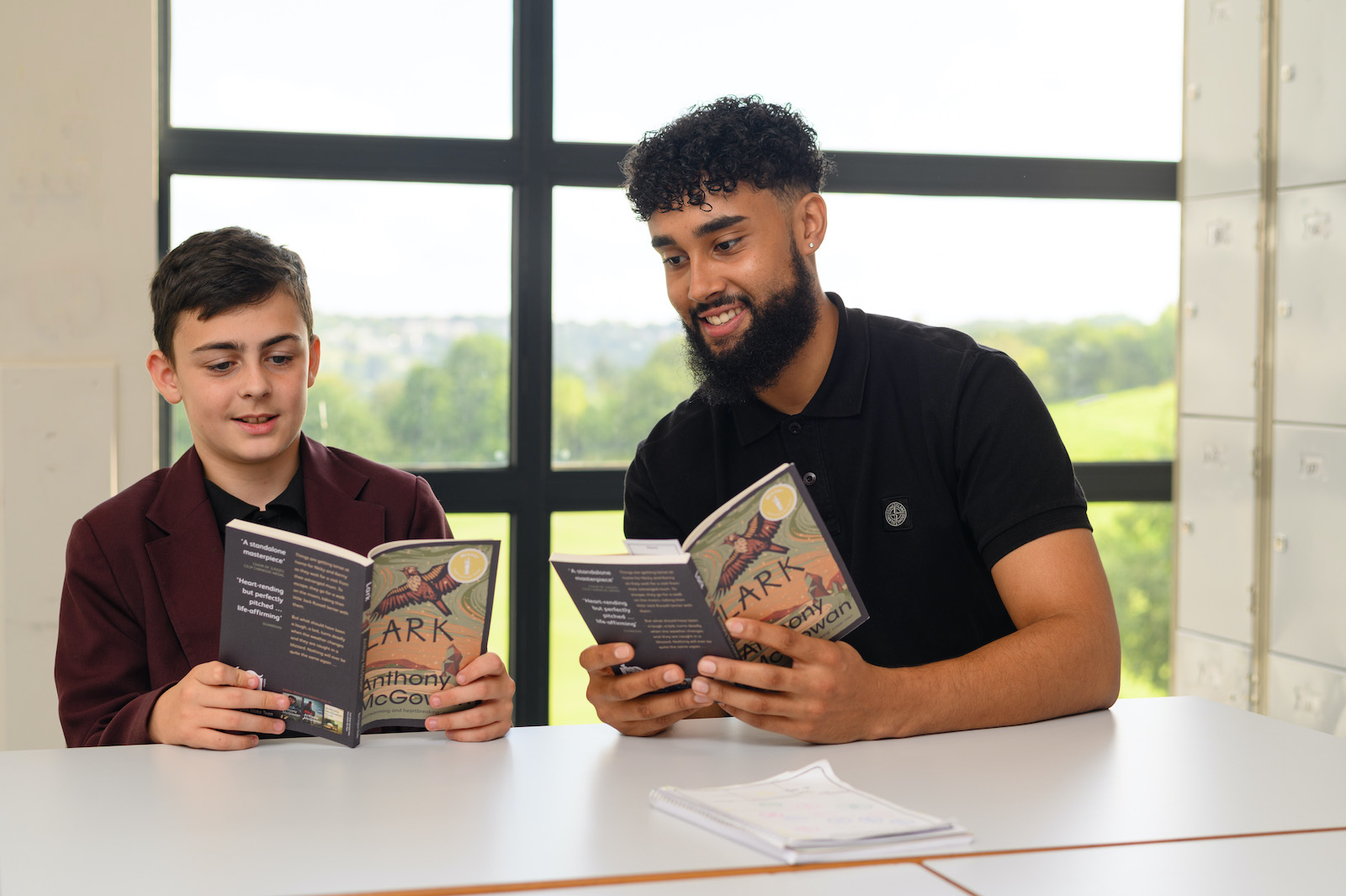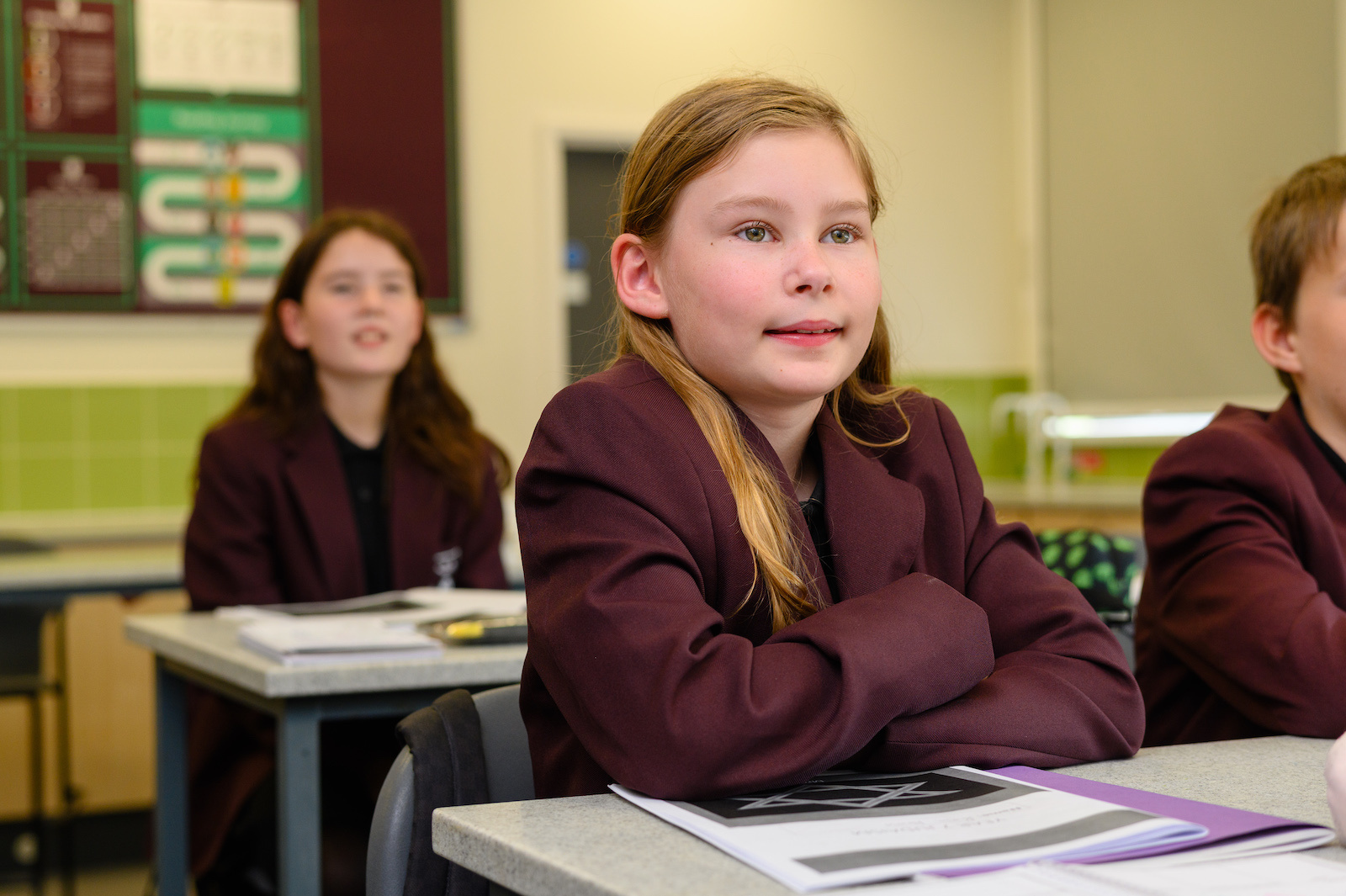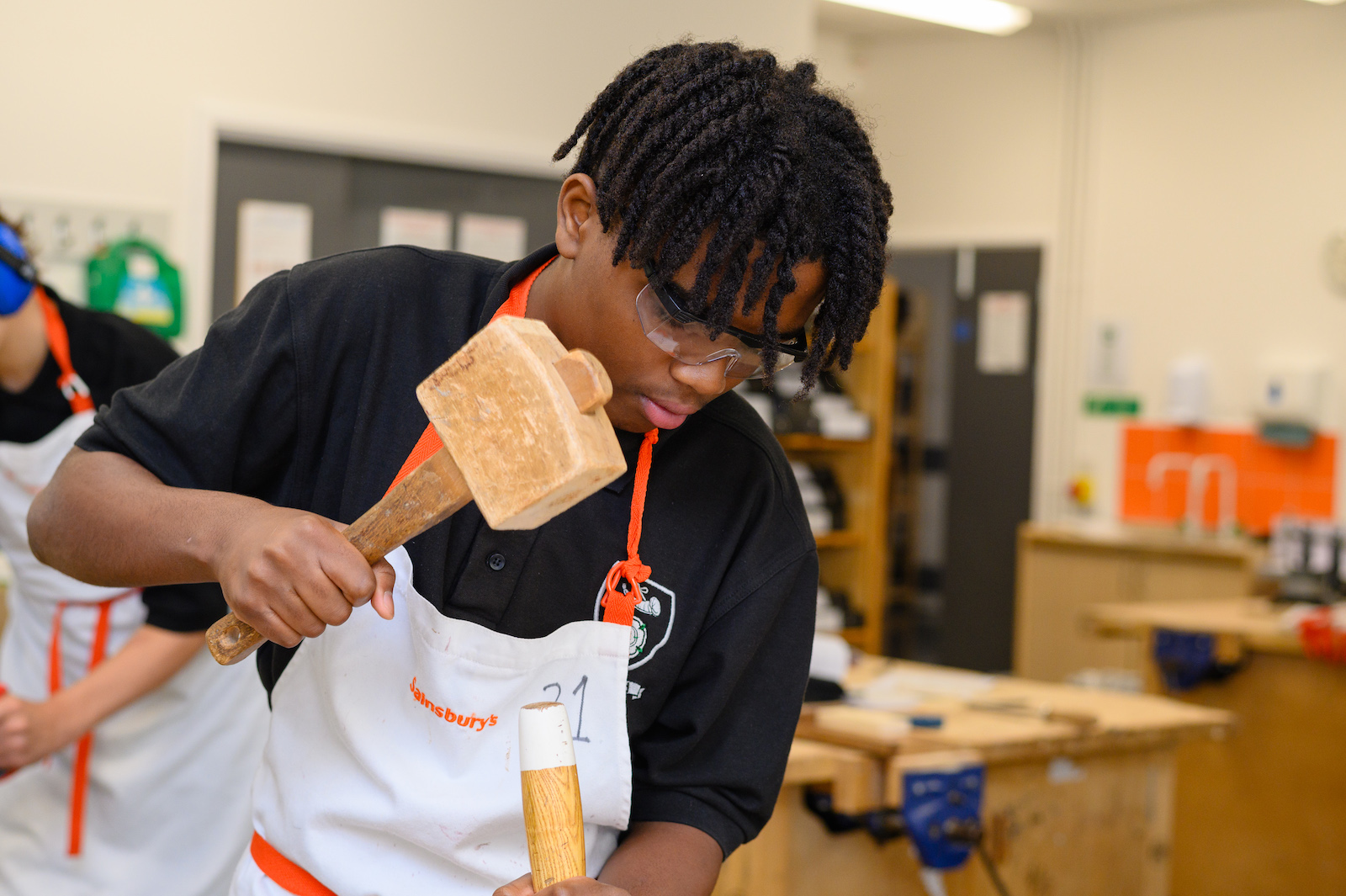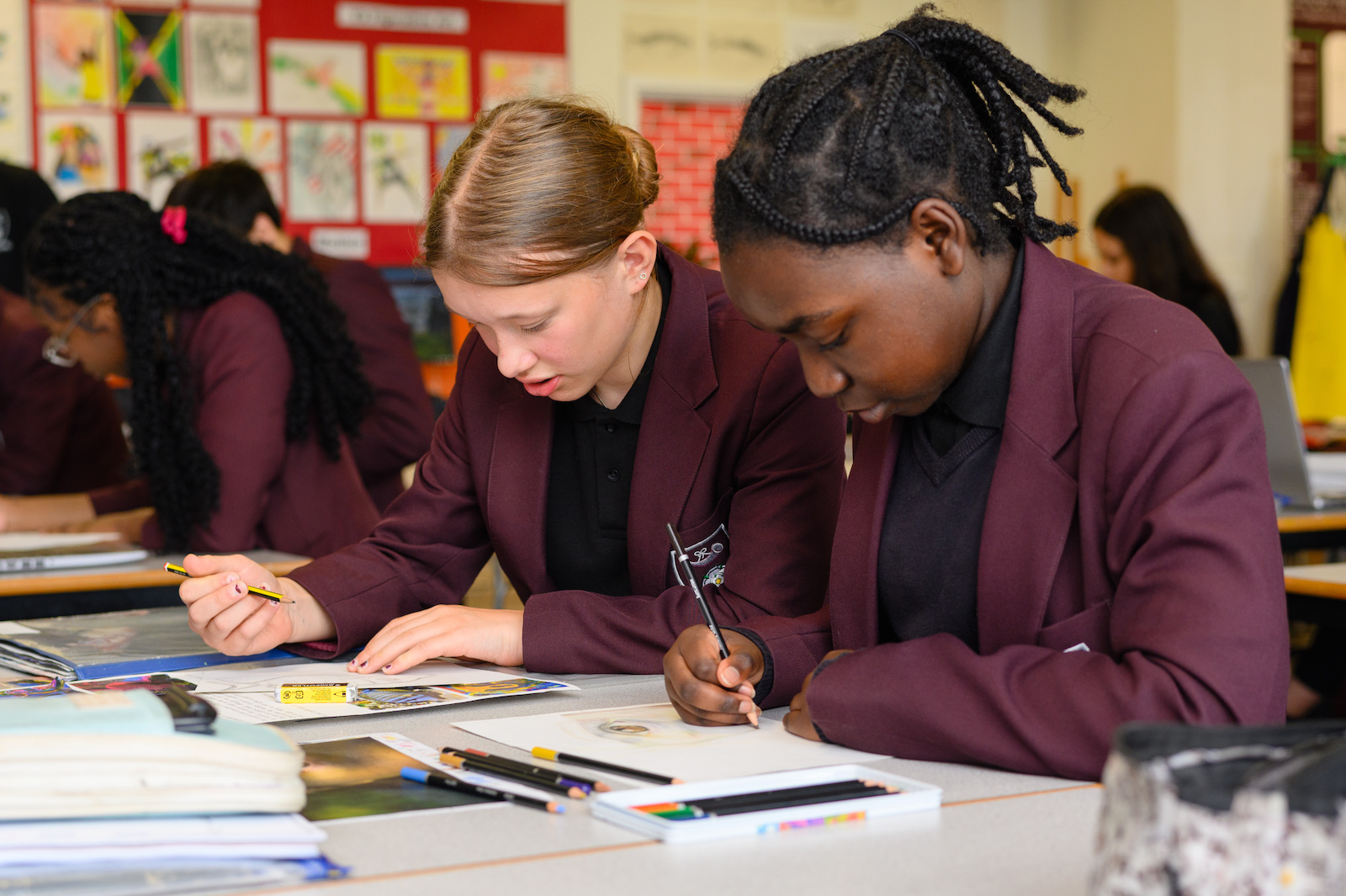History
'The more you know about the past, the better prepared you are for the future.' Theodore Roosevelt
History plays a pivotal role in the curriculum as it gives our students a context to place themselves both locally, nationally and globally. As author Michael Crichton states, without History ‘you are a leaf that doesn’t know it is part of a tree’. Knowledge of the past introduces students to exciting events and interesting people who have shaped the society we live in. History creates curiosity and gives students the cultural capital to engage with current events in an informed manner. The significant turning points and individuals studied through history can inspire our students to overcome difficulties, become tolerant individuals and have ambition to impact society. The academic study of history equips our students to critically analyse sources of information for their validity, to develop informed judgments on past events and explain their opinions.
Key Stage 3
We will study a knowledge focused chronological framework at Key Stage 3 incorporating the second-order historical concepts such as causation, significance and interpretation. We will also be developing specific study related to Sheffield at different points in the key events through time so there is a local context alongside the national and international history studied.

